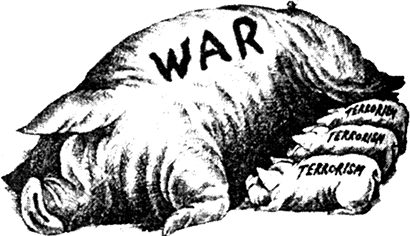Sponsor Area
Security In The Contemporary World
Looking at the Indian scenario, what type of security has been given priority in India, traditional or non-traditional ? What examples could you cite to substantiate the argument ?
(i) India's first component was strengthening its military capabilities because it has been involved in conflicts with its neighbours–Pakistan in 1947-48,1965,1971 and 1999 and China in 1962.
(ii) India is surrounded by nuclear-armed countries in the south Asia region.India's decision to conduct nuclear test in 1998 was justified in terms of safeguarding national security.
(iii) India has tried to strengthen the international norms and international institutions to proctect its security interest.
(iv) It supported the cause of Asian solidarity, decolonisation, disarmament and UN as a forum in which international conflicts could be settled.
(v) India took initiatives to bring about a universal and non-discriminatory non-proliferation regime.
However, India has paid attention to non-traditional security too. It has favoured an equitable New International Economic Order. It ratified the 1997 Kyoto Protocol regarding reducing the emissions of greenhouse gases. India has tried to preserve national unity by adopting a democratic politival system. Indian troops have been sent abroad on UN peacekeeping mission in support of cooperative security initiatives.
Some More Questions From Security in the Contemporary World Chapter
What is ‘Balance of Power’ ? How could a state achieve this ?
What are the objectives of military alliances ? Give an example of a functioning military alliance with its specific objectives.
Rapid environmental degradation is causing a serious threat to security. Do you agree with the statement ? Substantiate your arguments.
Nuclear weapons as deterrence or defence have limited usage against contemporary security threats to states. Explain the statement.
Looking at the Indian scenario, what type of security has been given priority in India, traditional or non-traditional ? What examples could you cite to substantiate the argument ?
Read the cartoon below and write a short note in favour or against the connection between war and terrorism depicted in this cartoon.

What is security ?
What are two notions of security ?
Why is the greatest danger is from military threats?
Differentiate between deterrence and defence ?
Sponsor Area
Mock Test Series
Mock Test Series





